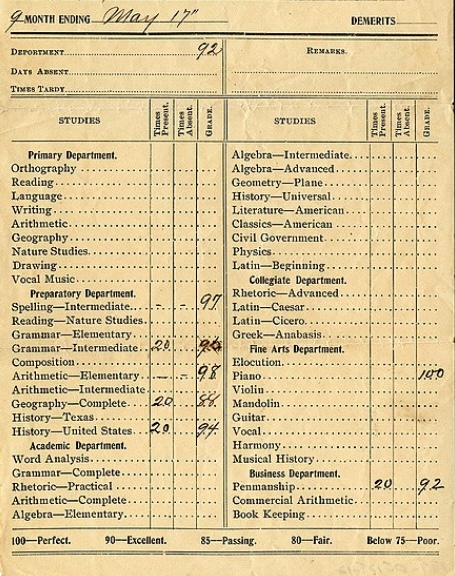EDUCATION

SCHOOL REPORT
School Report is a web journal I compiled in 2001 and then picked up again in 2006 continuing until 2012. It ran to 120 editions and contains articles on a wide range of educational issues. Much of what I have written is still highly relevant today and I hope readers will therefore find the content interesting and thought-provoking.
Edition 26
27 January 2006
|
UNFORGIVING BOXES Rudyard Kipling
MANY MISSIONS, ONE VISION 
Five years on from the year of the space odyssey and all our odysseys continue. Five years ago I wrote a short essay for the first edition of School Report. I called it “Many Missions, One Vision”. Its theme emerged from two sources. One was the film “2001, A Space Odyssey”. The other was the fashion for mission statements at the time. Every school had to have one. These carefully crafted aphorisms were being proudly displayed in entrance halls and on headed paper up and down the land. There was no shortage of missions in the world.
For those in the business of education our journeys and missions continue. The journey is not always easy. No one said it would be. There are asteroids to dodge on a daily basis and more than enough dazzling supernovas, in the form of endless new initiatives, to turn away from. But as we all know it’s a journey full of interest, full of discovery and full of reward.
Children reading an article together about how much pollution is caused by cars is another example of a multiple mission: to improve skills in reading , thinking and discussion; to achieve higher test scores; to create an awareness of environmental issues; to develop literate, informed and thoughtful members of society. Not bad for one third of a literacy hour.
Still more is expected. Formal schooling must yield an annual harvest of literate, numerate adults who understand the great principles of science and their application, who know the history and geography of the world, who speak a foreign language, who appreciate music and the arts and who have a complete mastery of information technology. They will have a spiritual awareness, know themselves and know what they want from life.
I think we can and we need to. We need to for the obvious reason that the time and resources to do our job are finite. By keeping some of the key objectives in the forefront of our minds we remind ourselves constantly, on a daily basis, of the big missions to which we can allocate a suitable amount of time and energy. When we seem to be doing too much nagging about behaviour, or we keep children in at breaktime that is because aiming for high standards of behaviour is a high priority. When we allow children to mark their own work because football practice after school will leave little time for marking on that day then we have made a choice of priority. When in the evening we barely glance at the latest document to be circulated, because we want time to think about tomorrow’s science lesson, we have opted for what matters most. odyssey.
Edition 27 10th February 2006
JELLY PHONICS
On one side were the “real books” crusaders who believed that children would learn to read by immersing themselves in lots of good books and simply becoming familiar with words through constant exposure to them. Phonics and reading schemes were anathema to this band of zealots which was a pity as the word lends itself perfectly to phonic analysis. On the opposite side, quite vociferous on occasions, was the phonics brigade. They were committed to the belief that children should learn to read by breaking down words into their constituent sounds and blending them together.
|
||
|
|
||
